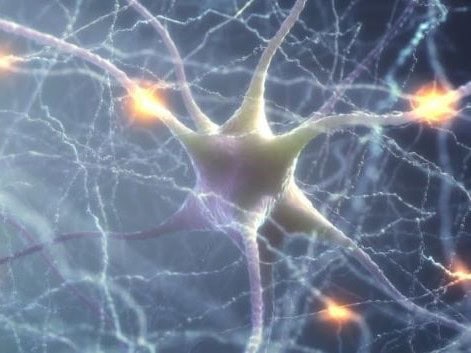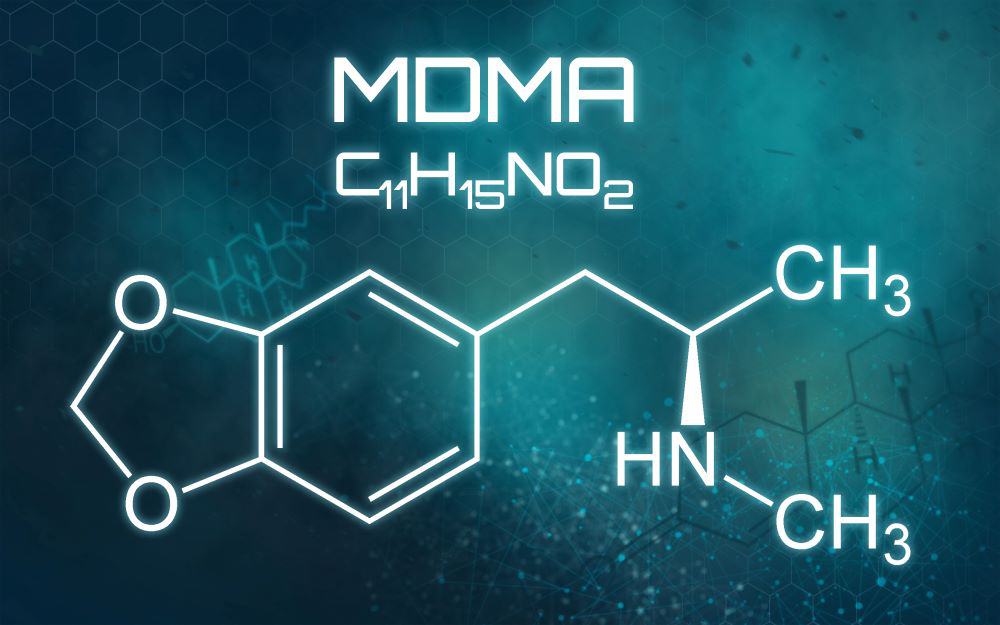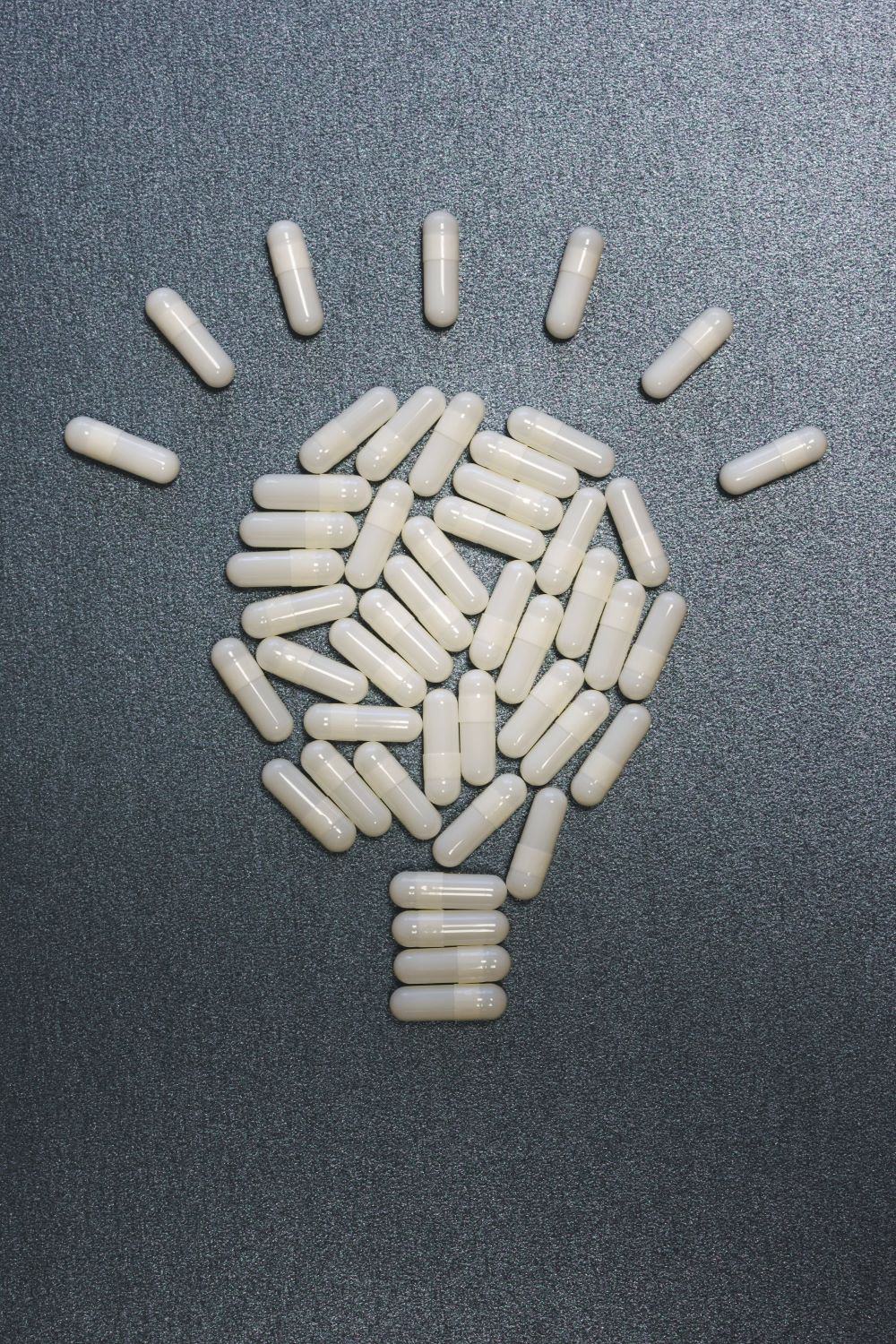What are The Advantages of Group Sessions for Addiction Recovery?
Posted on July 24, 2013
What are the advantages of group sessions for addiction recovery? A. Tom Horvath, Ph.D. There is no single correct or best way to recover from addiction. No element of the recovery process must be completed by all individuals. Although group sessions are often described as essential to recovery, they are not. In fact, most people who recover do not attend groups of any kind! However, these non-group-attending individuals are often ignored by treatment professionals, who are sometimes so focused on how they approach recovery that they fail to recognize other approaches. Nevertheless, group sessions can be valuable. This article will describe some of the advantages of attending groups. By groups we are referring to a) free, mutual-aid, self-help or support meetings (let’s ...
full story









